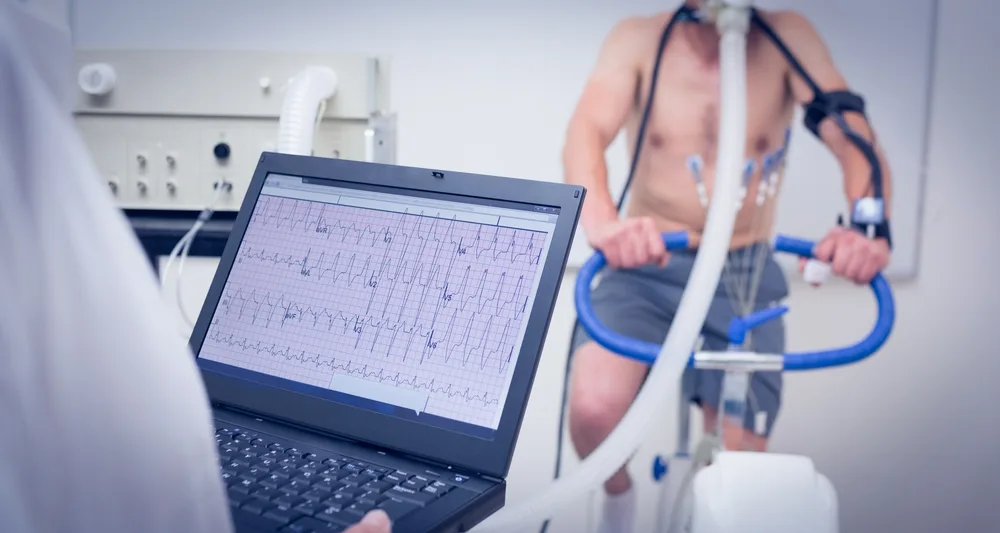This Human Physiology online designed for health therapists and all those working in health care that want or need to develop a deeper understanding of the human body processes and maintenance of health.
You Will Learn:
- Define Human Physiology
- Review basic functions occurring in the cells of the human body
- Review basic functioning of the tissues within the body such as bone and muscle.
- Describe the significant systems and the functions of those systems of the body.
- Describe the functional characteristics of the nerve cells and nervous system.
- Describe the functioning of hormones and how they control body functions.
- Describe the functioning of the heart, blood, and blood vessels in the cardiovascular system.
- Describe the significant functions of the body’s defence system and the cells of the immune system.
- Describe the significant functions of the respiratory system and the air passages and lungs.
- Describe the function of the kidneys and the renal system in the human body.
Course Outline
There are 9 Lessons in this course:
1. Cellular Physiology
-
- Membrane transport
- Simple passive transport
- Facilitated passive transport
- Active transport
- Transcription, translation and post transcriptional modification
- Cellular metabolism
- Cellular energy production
- Homeostasis
- Homeostatic balance
- Feedback system
- Body temperature
- Effect of temperature on enzymes
- Adenosine triphosphate
- Glycolysis
2. Histophysiology
-
- Physiology of tissue
- Epithelial tissue
- Connective tissue
- Dense connective tissue
- Cartlidge
- Bone tissue
- Bone physiology
- Compact bone
- Spongy bone
- Muscle tissue
- Muscle fibre: filament types
- Nervous tissue
3. Systems Physiology
-
- Central and peripheral nervous systems
- Somatic and autonomic nervous systems
- Sensory, motor and integrated systems
- General senses
- The process of sensation
- Special senses
- Autonomic nervous system
- Autonomic reflexes
- Parasympathetic nervous system
- Sympathetic nervous system
4. Neurophysiology
-
- Structure of the nervous system
- Parts of a neuron
- Classification of different neurons
- Neuron function
- Action potentials
- Graded potentials
- Synapses: electrical, chemical
- Neurotransmitters
- Neural circuits
- Different functions of the brain
- Homeostatic reflex arc
- Spinal chord and spinal nerves
5. Endocrinology
-
- Functions of endocrine system
- Actions of hormones
- Hormone target cells
- Anterior pituitary gland hormones
- Actions of posterior pituitary
- Actions of adrenal gland: cortex and medulla
- Pancreatic hormones
- Thyroid gland
- Parathyroid
- Adrenal glands
- Pancreas
- Hormone receptors
6. Cardiovascular Physiology
-
- Heart function
- Cardiac cycle
- Heart muscle cell contraction
- Blood vessels
- Blood: regulation, erythrocyte physiology, leucocytes
- Haemostasis
- Lymphatic system
- Blood flow
- Gas transport
- Arterial alveolar gradient
- Oxygen transport
- Factors affecting oxygen release by haemoglobin
7. Immunology
-
- Immune system structure
- Lymphatic organs and tissues
- Types of resistance
- Non specific cellular and chemical defences: phagocytes, natural killer cells
- The inflammatory response
- Specific defence mechanisms
- Humoral immunity
- Antibodies
- Antigens
8. Respiratory Physiology
-
- Respiratory epithelium
- The lungs
- Airway anatomy
- Alveoli
- Nasal and oral cavities
- Larynx, trachea, bronchial tree
- Function of respiratory system
- Pulmonary ventilation
- Lung volumes and capacity
9. Renal Physiology
-
- Urinary system
- Blood and nerve supply
- Nephrons
- Kidney functions
- Renal processes
- Glomerular filtration
- Electrolyte and Acid base balance
- Tubular reabsorption
- Tubular secretion
- Ureters
- Urinary bladder
- Urethra
When you have completed the lessons of your Certificate course, you will be given the option of taking the optional exam. It’s okay if you don’t want the exam, we still issue your Careerline Certificate. For Advanced Certificates however, the exam is compulsory (per module) and are included in the course fee.

